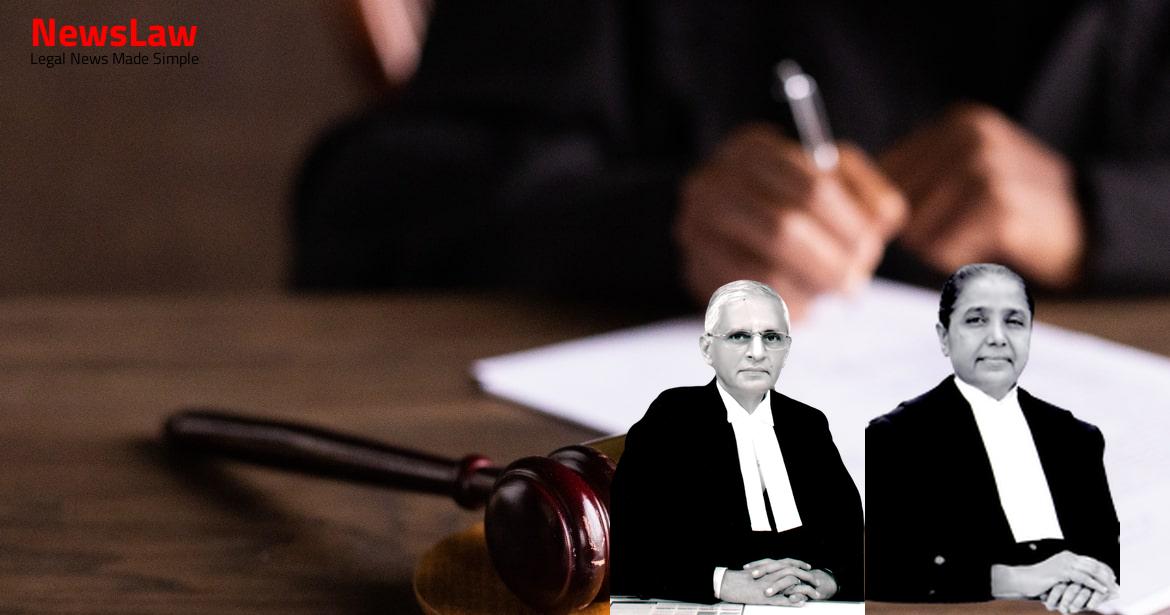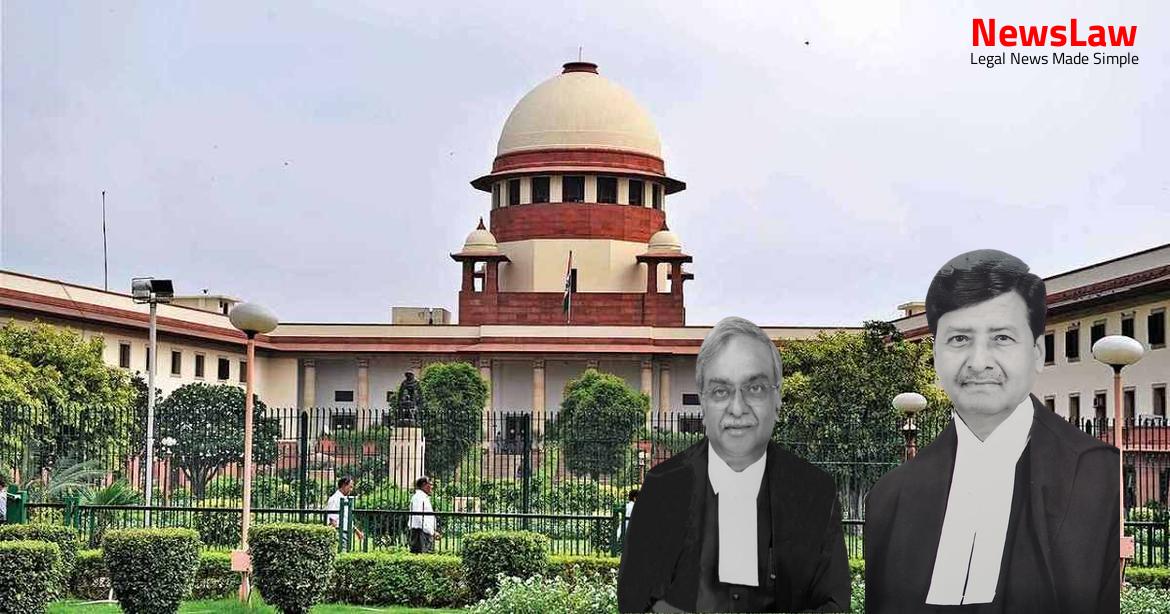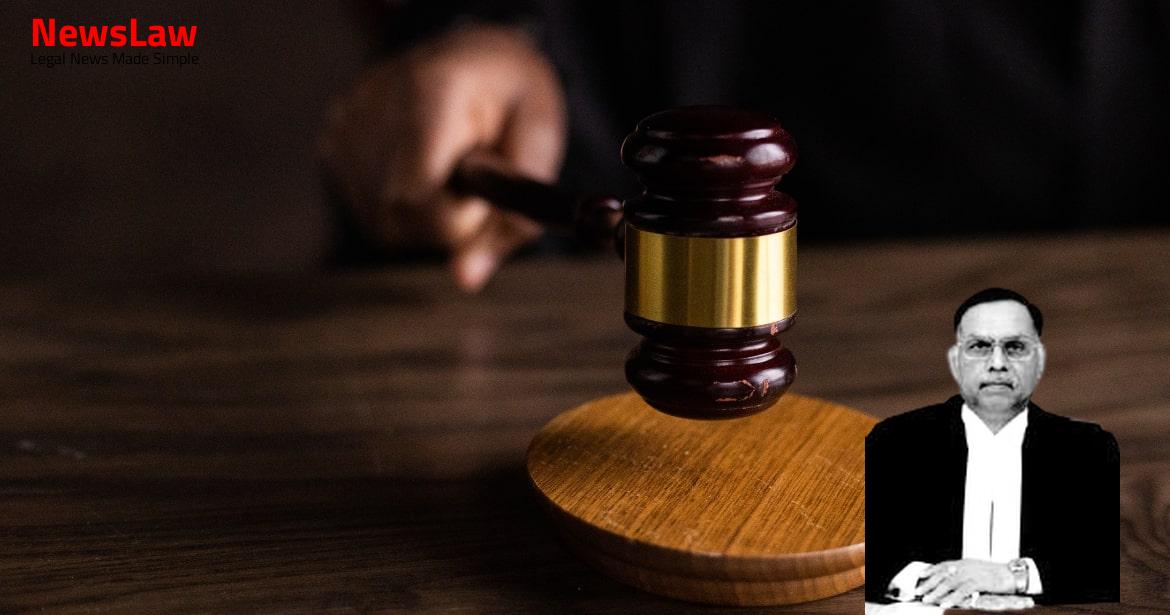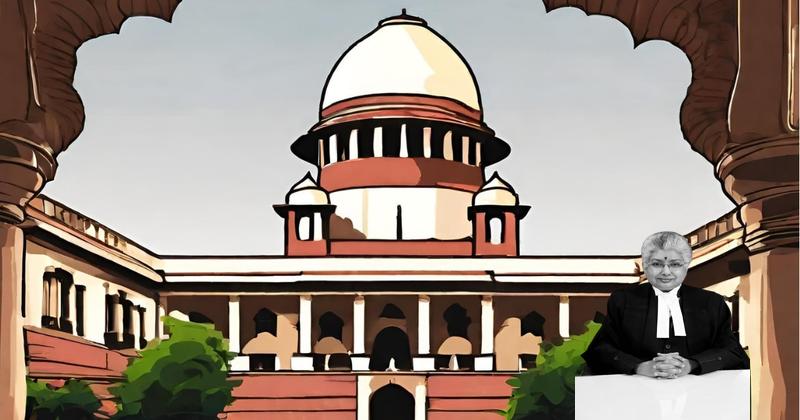In a recent legal analysis, the court delves into the intricate realm of arbitration seat jurisdiction, shedding light on the critical role it plays in international commercial arbitration. The nuanced examination of the agreement’s clauses and the determination of the proper seat of arbitration provide valuable insights into the workings of legal jurisdiction in arbitration proceedings.
Facts
- The petitioner, an Indian company, entered into an MoU with the respondent, a Hong Kong company, to act as the exclusive distributor for the sale of air quality monitors within India.
- The MoU stipulated a five-year exclusive distribution agreement starting from the delivery date of the first lot of Air Quality monitors in India.
- Dispute arose when IQAir AG, a related party to the respondent, refused to honor the terms of the MoU after acquiring the respondent’s assets.
- The petitioner invoked the arbitration clause in the MoU, but IQAir AG claimed it did not assume any legal obligations of the respondent.
- Despite various communications and attempts to resolve the issue, no agreement was reached between the parties.
- The petitioner filed a petition under Section 9 of the Arbitration and Conciliation Act before the Delhi High Court seeking enforcement of the MoU terms and injunction against the respondent and IQAir AG.
- The petitioner also sought appointment of a sole arbitrator under Clause 17 of the MoU through a petition under Section 11(6) of the Arbitration and Conciliation Act.
- The respondent maintained that arbitration should be administered in Hong Kong as per the MoU terms.
- The High Court restrained the respondent from selling its products in India pending resolution of the dispute.
- The petitioner also incurred significant costs in promoting and branding the products within India, expecting exclusivity as per the MoU terms.
- Various exchanges of correspondence and legal notices ensued between the parties regarding arbitration and contractual obligations.
- Proceedings in all three appeals were held in New Delhi and awards were signed in New Delhi, not in Faridabad.
- In the absence of any contrary expression by the parties, it was concluded that New Delhi was chosen as the seat of arbitration under Section 20(1) of the Arbitration Act.
Also Read: Jurisdiction of Family Court in Cases under Muslim Women’s Protection Act
Issue
- The issue in the present case is whether the parties have agreed that the seat of arbitration is at Hong Kong
- The petitioner is an Indian company while the respondent is a Hong Kong incorporated company
- Clause 17.2 of the MoU is crucial in determining the jurisdiction for entertaining the petition under Section 11 of the Arbitration and Conciliation Act, 1996
Also Read: Land Acquisition Valuation and Development Deductions
Arguments
- Clause 17.1 of the MoU states that the agreement is governed by Indian laws with courts in New Delhi having jurisdiction.
- Clause 17.2 designates Hong Kong as the place of arbitration as per the MoU.
- The petitioner argues that since the proper law and curial law are not specified in the MoU, Clause 17.1 governs both.
- Since the arbitration place is outside India, Section 11 of the Arbitration and Conciliation Act does not apply.
- The respondent asserts that the arbitration would be seated in Hong Kong, making Part-I of the Act inapplicable and requiring the petitioner to approach the Hong Kong International Arbitration Centre.
- The respondent relies on the case of BGS SGS SOMA JV v. NHPC Ltd. to support their argument and interprets the term ‘arbitration proceedings’ meaning the ‘seat of arbitration proceedings.’
- A reference is made to the Union of India v. Hardy Exploration and Production (India) INC case regarding the distinction between ‘venue’ and ‘seat’ in arbitration.
- The arbitration between the petitioner and respondent qualifies as an International Commercial Arbitration under the Arbitration and Conciliation Act, with the seat of arbitration being Delhi.
- The petitioner seeks appointment of an arbitrator based on Section 11(6) and Section 11(9) of the Act.
- The designation of Hong Kong as the ‘Venue’ of arbitration by the parties does not imply it as the juridical seat of arbitration.
- The petitioner contends that the doctrine of binding precedent is crucial for the judicial system.
- Refers to the case of Chandra Prakash v. State of U.P emphasizing the importance of consistency in judicial decisions.
- Argues that the decision in Hardy Exploration is contrary to the Constitution Bench judgment in Bharat Aluminium Company v. Kaiser Aluminium Technical Services Inc.
- Questions the authority of the bench in BGS Soma to declare Hardy Exploration not a good law when both were three-Judge benches.
- Emphasizes the significance of the seat of arbitration in arbitration proceedings.
- States that the word ‘administered’ in the MoU indicates the arbitration should be seated in Hong Kong.
- Suggests that rulings by benches of equal strength should be referred to a larger bench for clarification rather than overruling.
Also Read: Analysis of MACP Scheme Implementation
Analysis
- In order to qualify as an ‘International Commercial Arbitration’, three conditions must be met – arbitration being considered commercial under Indian laws, at least one party being foreign, and the arbitration involving international commerce.
- The proviso to Section 2(2) specifies that certain sections of the Act shall apply to international commercial arbitrations even if the place of arbitration is outside India, subject to any contrary agreement. Section 11 does not apply to International Commercial Arbitrations seated outside India.
- Part I of the Act applies when the place of arbitration is in India.
- Parties may seek provisional, injunctive, or equitable remedies from a court having jurisdiction before, during, or after any arbitration proceeding.
- Parties may choose a place of arbitration based on the attractiveness of its lex arbitri.
- The law of the chosen place of arbitration must be obeyed if it contains mandatory provisions for arbitration.
- Once the seat of arbitration is determined, only that jurisdictional court would have exclusive jurisdiction.
- The choice of a place of arbitration brings with it submission to the laws of that country.
- The location of the seat determines the courts with exclusive jurisdiction over the arbitration proceedings.
- The seat of arbitration normally carries the choice of that country’s arbitration/curial law.
- The seat of arbitration is different from the venue of arbitration.
- Part I of the Arbitration Act, 1996 does not apply to international commercial arbitrations held outside India.
- Clause 17 of the MoU specifies the governing law as the laws of India and the jurisdiction of courts at New Delhi.
- The law of the particular country where arbitration takes place would apply automatically.
- The seat of arbitration is crucial as it determines the applicable law and judicial review over the arbitration award.
- Merely choosing a place of arbitration like Hong Kong does not automatically make it the seat of arbitration.
- Clause 17.2 in the agreement shows the intention of the parties to have the arbitration administered in Hong Kong, indicating Hong Kong as the seat.
- The laws of the chosen seat, in this case Hong Kong, would govern the arbitration proceedings and judicial review.
- The reference to New Delhi courts in Clause 17.1 does not affect the choice of arbitration seat in Hong Kong as per Clause 17.2.
- Part-I of the Arbitration Act does not apply to International Commercial Arbitrations, reinforcing the significance of the chosen seat in the agreement.
- Clause 17.3 has been added to enable parties to avail interim relief
- The jurisdiction of courts at New Delhi is specified in Clause 17.1, without regard to conflicts of laws provisions
- Clause 17.1 is to be read in conjunction with Clause 17.3 for context and understanding
Decision
- Arbitration petition No. 32 of 2018 seeking appointment of an arbitrator under Section 11(6) of the Act is dismissed.
- Arbitration proceedings to be conducted in English language.
- The petitioner can approach Hong Kong International Arbitration Centre for arbitrator appointment if desired.
- Place of arbitration shall be Hong Kong.
- Number of arbitrators to be one.
Case Title: MANKASTU IMPEX PRIVATE LIMITED Vs. AIRVISUAL LIMITED (2020 INSC 284)
Case Number: ARBIT.CASE(C) No.-000032 / 2018



